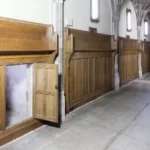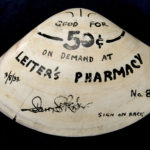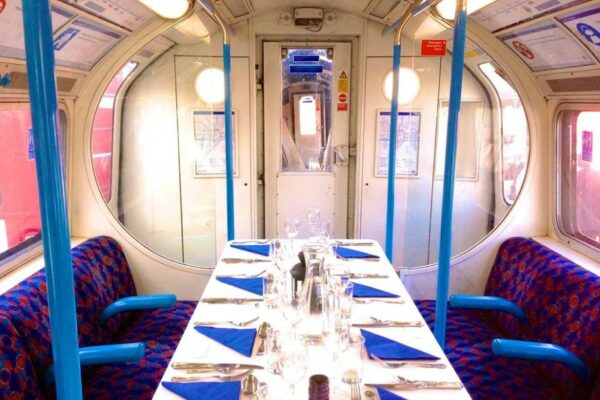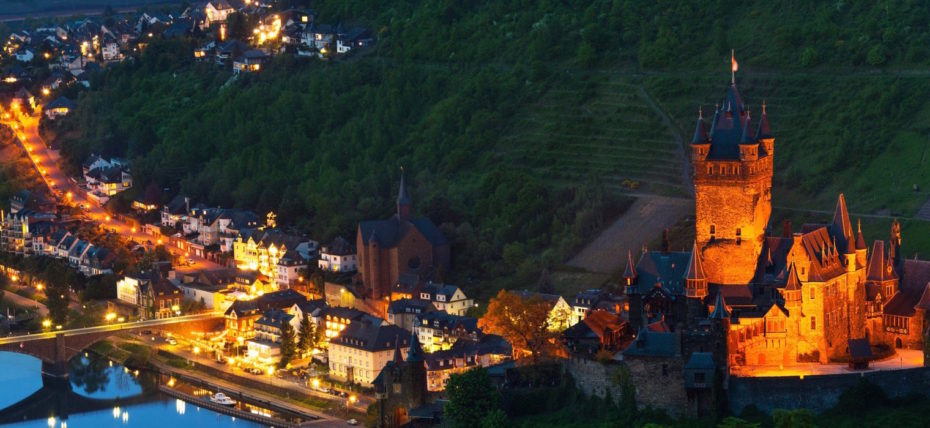
Cochem © Sergey Novikov
Disguised by two seemingly innocent village homes, none of the locals of Cochem knew that for two decades during the height of the Cold War, 15 Billion German Mark– the vault of West Germany’s central bank– was being stashed below the streets of their sleepy town nestled in the slopes of the Mosel valley. As far as hiding places go, this one certainly goes down in history as one of the most unexpected…
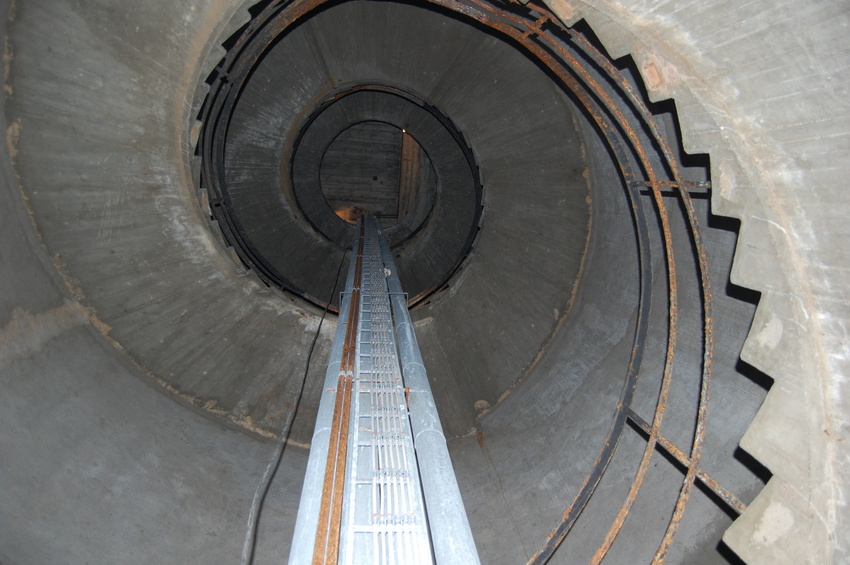
The secret staircase © Jens Radu / Des Spiegel
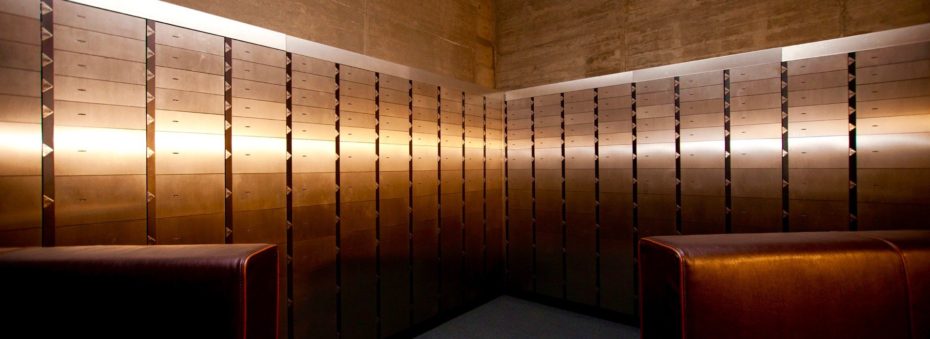
The preserved vault of the Bundesbank Bunker in Cochem
In 1962, with the imminent threat of war and hyperinflation, the German government ordered an emergency mass printing of the Deutsche Mark, the official currency of West Germany. The collapse of the entire national economy was a very real possibility behind the Iron Curtain, the biggest fear being the systematic introduction of counterfeit money to flatten the German economy.
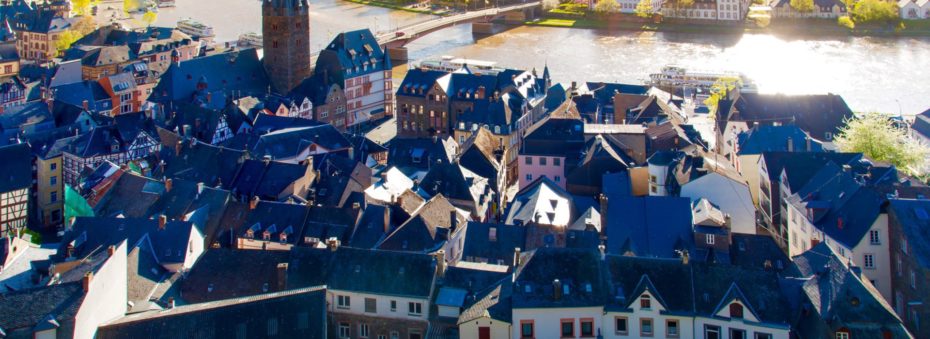
To store billions worth of emergency currency that could quickly replace the ‘old’ banknotes, they built a fall out shelter that could withstand nuclear war, in the middle of a charming ancient town known as Cochem-Cond.
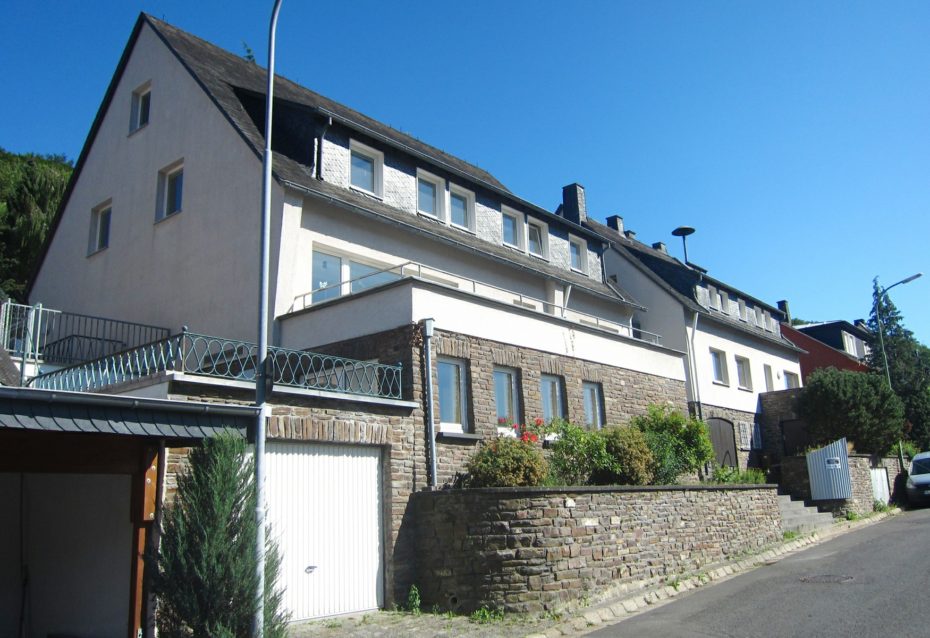
Two inconspicuous houses were chosen to hide the secret bunker’s entrance; heavy steel doors that led to a seemingly never ending corridor and descended to a 300m network of tunnels.
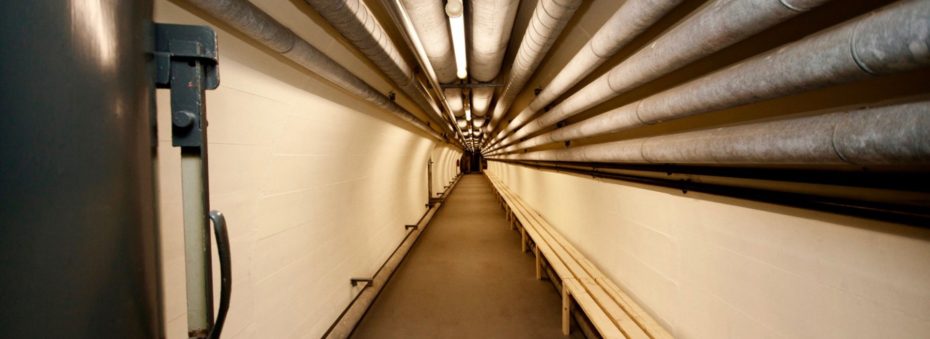
A few residents living in the neighbouring houses were informed that a “small fall-out shelter” was being built. To prevent word from spreading further through the town, they were given special permission to access the shelter in the event of an atomic attack, but were warned there wouldn’t be enough room for their families if they told other villagers about the underground haven.
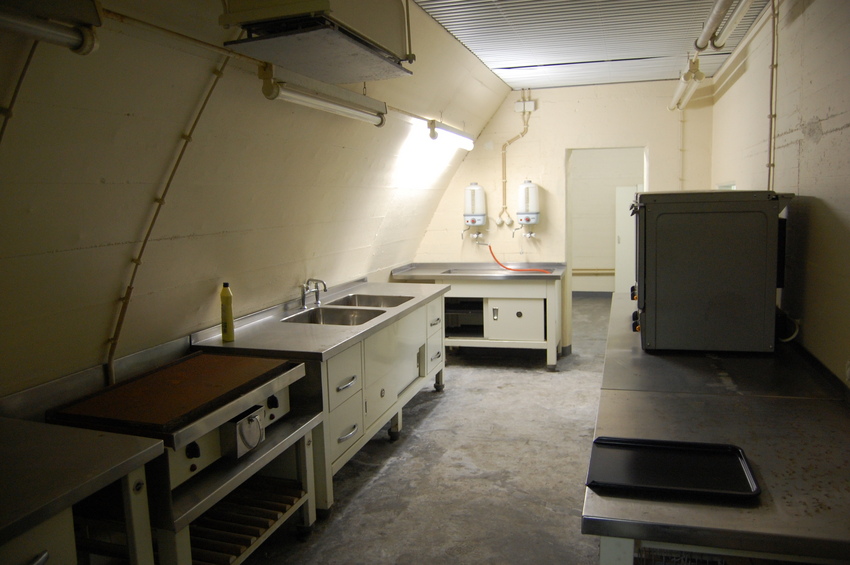
© Jens Radu / Des Spiegel
The 15,000 square foot bunker was indeed built to sustain a nuclear attack, with an intricate air, electricity and water system that could keep employees safe underground for 14 days in case of emergency.
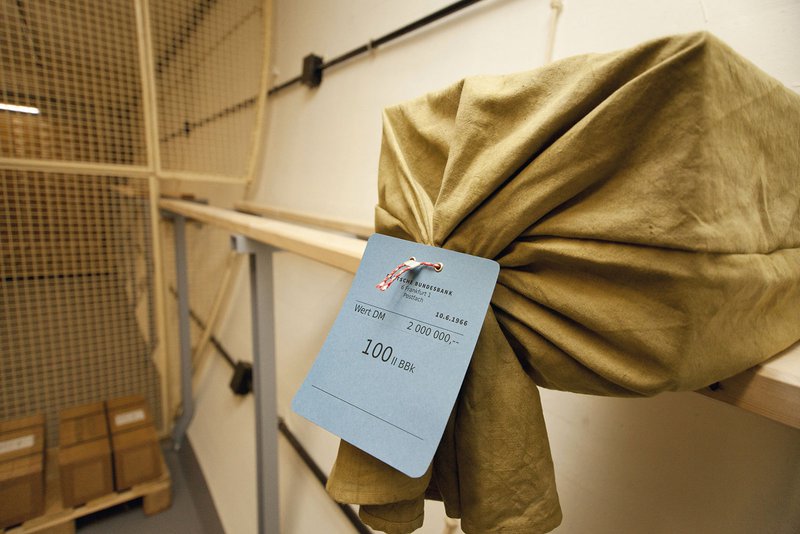
The money began discretely arriving in Cochem in 1965, making its way through the doors of what locals believed was just the “recreational centre” of the German Central Bank.
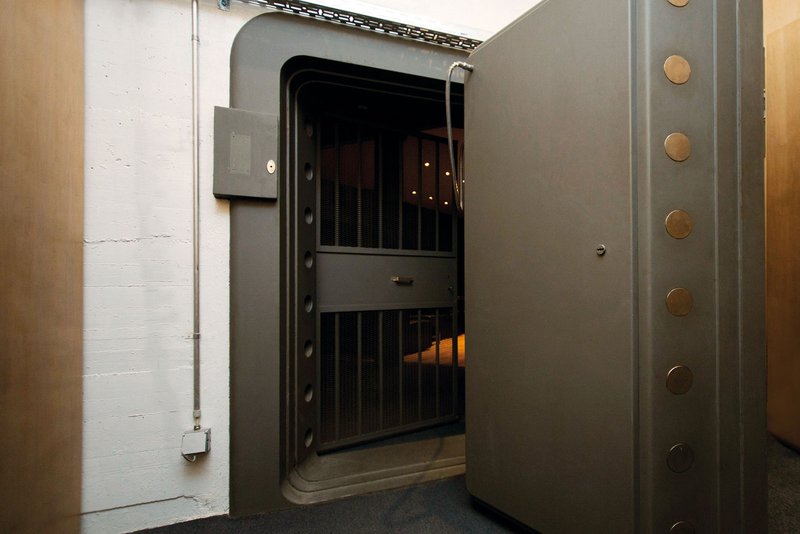
In reality, the houses contained steal vaults 30 meters below ground with three different keys and a top secret lock combination which had to be brought over by officials from Frankfurt.
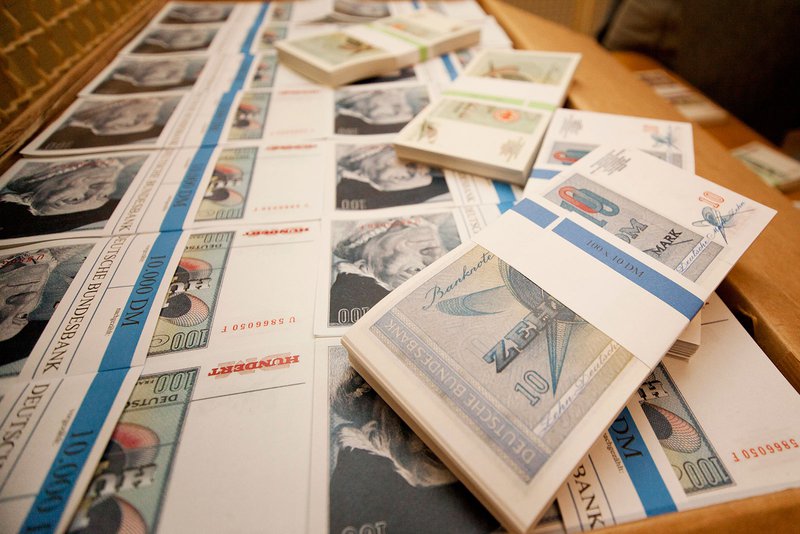
For two decades, twice a year, bank employees came to count the money. Every last note. One employee counted “870 bags, each 20,000 DM equals 336,000,000 DM”– and that was just what he was in charge of counting alone. The vault is said to have contained the equivalent of $9 billion today.
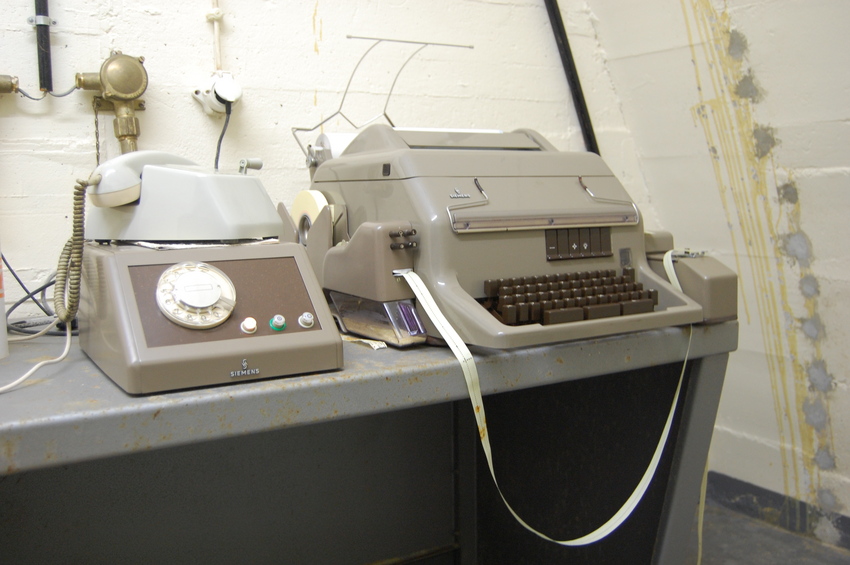
© Jens Radu / Des Spiegel
In 1988, the emergency currency was destroyed and the bank vacated the bunker. It has remained virtually unchanged for the nearly 30 years.
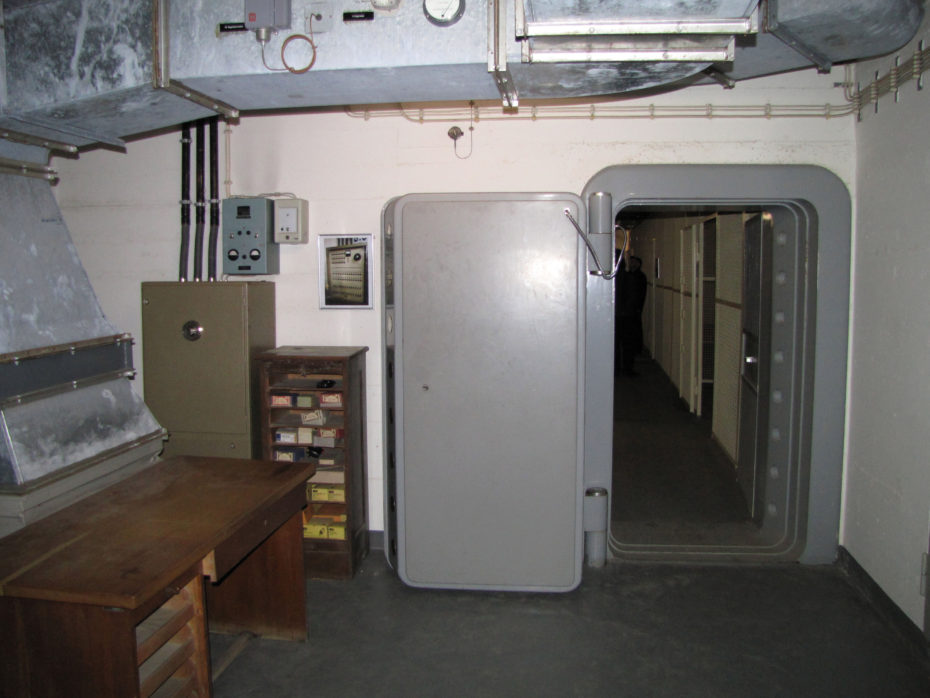
© Jens Radu / Des Spiegel
An entrepreneur bought the entire thing for 500,000 euros in 2014 and turned it into a museum last year. Which means, you can now visit Germany’s best-kept secret.


